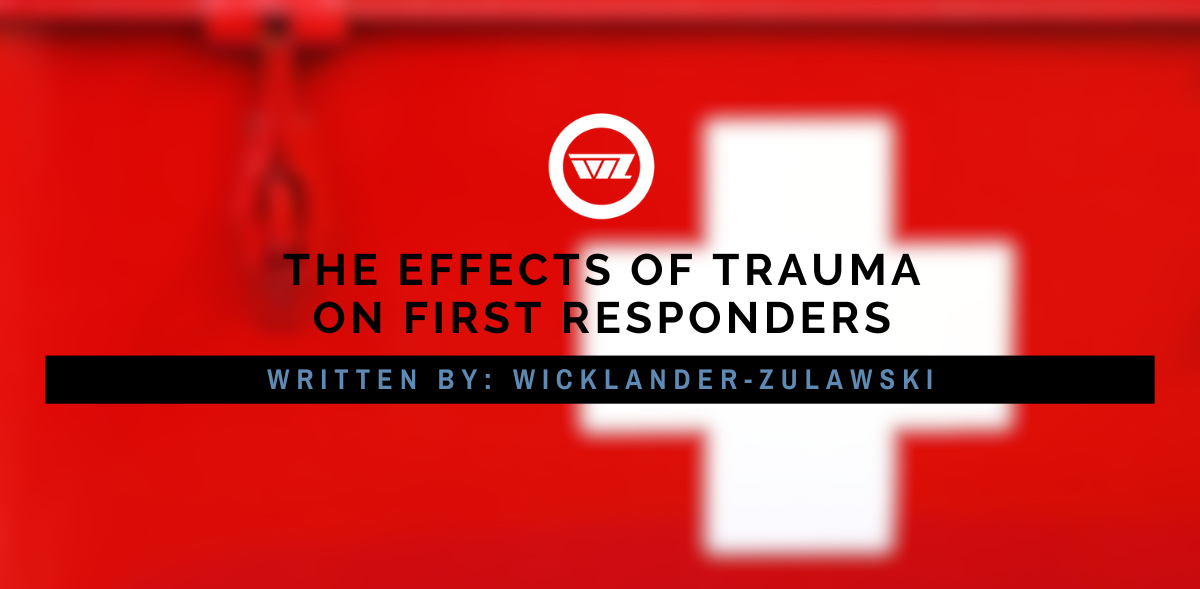Opioids continue to wreak havoc on our communities and impacting families across the country. Law enforcement professionals working to eradicate drug abuse must work closely with mental health professionals to understand the root cause and possible mitigations with this crisis. Unfortunately, an opioid addiction can turn deadly as in 2018 the National Institute on Drug Abuse estimated there were over 46,000 deaths a year, an average of 128 opioid overdose deaths each day.
Experienced investigators know that collaboration with subject matter experts is key in solving a crime, whether it be a forensic scientist or a medical examiner.
Treatment of opioid addiction is a larger battle, requiring collaborative efforts from mental health professionals. If intervention is never attempted or does not work, an investigator may be dispatched to a sobering situation.
When this occurs and death is a result of opioid use, there are still opportunities for law enforcement to further collaborate their efforts on finding the source of the drugs and the context that led to this outcome.
There are traditional investigative efforts such as making undercover buys, interdiction stops, wiretaps, and more, which are effective in resolving cases. Another avenue to explore is for prosecutors to charge drug dealers with the death of the person who overdosed on their drugs.
Drug dealing classifies as a non-violent crime in most states. Due to this status, the resources allotted to investigation and the sentences imposed on offenders in the drug trade, may do little to deter future activity. In response, the police and prosecutors must prioritize resources to make the most impact when they have the opportunity.
Critics often voice that an opioid user knew the risks of using them. However, the dealer who took advantage of the individual’s addiction and vulnerability must share responsibility.
While the dealer makes a profit, that addict may become involved in other criminal activity and violent crimes to fund their drug habit.
Many states and the federal government have a statute for Drug Delivery Resulting in Death already in place. Charging a drug dealer with Drug Delivery Resulting in Death or a Manslaughter charge changes the incident from a non-violent to a violent charge. This simple change heightens the priority of the case and increases the penalty imposed on the dealer. Just as important, it highlights to the public the deadly consequences of these addictions.
Using a charge of Drug Delivery Resulting in Death, or Manslaughter can make an impact on the drug trade. However, this is a different type of case than other drug investigations requiring the collective talents of law enforcement, pathologist, and prosecutors. This team approach will involve aspects of both a drug investigation and those of a homicide inquiry.
First, properly identifying the cause of death must clearly be established through autopsy and toxicology. Once an investigator has an understanding of these elements, the investigative work can be done by a narcotic or a homicide detective, but a joint investigation would be ideal. Each of these detectives have a specialized base of knowledge and investigative measures for their case-type. With part of the investigation focusing on identifying the dealer and making controlled buys, this is the purview of narcotics. The homicide investigator leads the death inquiry with the pathologist and case preparation for the prosecutor. Working together uses the expertise of each investigator, where they are most experienced to best identify the truth of what occurred.
These specialized statutes and the collaborative approach to investigation assure the seriousness of the offense is recognized, appropriate resources are invested, and to create public awareness of the violent nature of the drug trade.
Wicklander-Zulawski & Associates (WZ), in partnership with WZ Instructor Brian Sallee, have developed an Opioid Death Investigations training seminar to cover these topics. A crucial element of success is bringing all of those involved in the investigation to have a collaborative discussion. This training program focuses on the roles of the homicide detective, the narcotics team, and the pathologist as they collectively investigate and partner on solving these crimes.
Brian B. Sallee has been a sworn police officer for over 39 years, 31 of which were spent as a narcotics detective with the Albuquerque Police Department (APD). He currently oversees the APD Dangerous Drug Unit and is cross commissioned with the New Mexico Board of Pharmacy. Brian provides expert testimony in both criminal and civil trials. He has also consulted on hundreds of narcotics cases.




